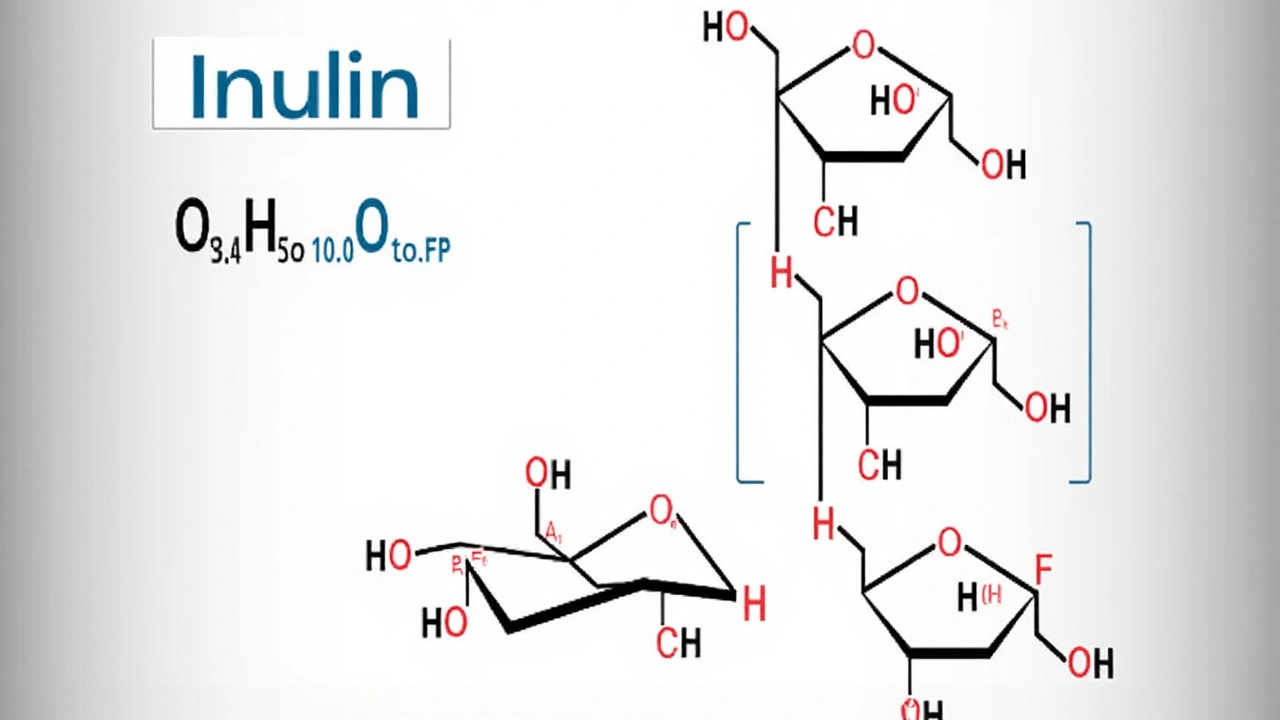Can Inulin Supplements Make Radiotherapy Easier for Prostate Cancer Patients?
Prostate cancer treatment with radiotherapy is never a walk in the park. As it zaps cancer cells, it often brings a wave of unwanted side effects—especially gut problems like diarrhoea and cramping. While doctors have tried recommending certain foods or fibres in the past, the results weren’t exactly a slam dunk. But there’s growing energy around a new idea: using specific dietary fibre, like inulin, to help patients get through treatment with fewer miserable days.
This isn’t just another fad diet suggestion. There’s now a serious research effort funded by Prostate Cancer UK, handing over more than £660,000 to investigate this question. Two leaders in oncology, Professor Anne Kiltie from the University of Aberdeen and Professor Ananya Choudhury at the University of Manchester, are heading up the multi-year study (RIA23-ST2-006). Their focus? Seeing if daily inulin supplements can actually make a difference for men dealing with prostate cancer radiotherapy.
So, what is inulin? It’s a natural fibre found in everyday plants—think chicory root, onions, and garlic. But unlike the rough fibre in bran flakes, inulin is a special kind called “soluble fibre.” It behaves less like a broom in your gut and more like fertilizer, nourishing the trillions of helpful bacteria living there. These bacteria can make anti-inflammatory compounds, which could protect the gut lining from the onslaught of radiation. That’s the theory, at least.
Crunching the Science: What Have We Learned So Far?
Earlier attempts to tackle radiotherapy side effects with dietary tweaks gave some, but not much, hope. People tried swapping insoluble fibre for soluble fibre, but prostate cancer patients didn’t see big improvements. Research from 2025, led by Murphy and colleagues, took a different approach with psyllium fibre. The results? Mixed. Some patients improved, others not.
But there’s a twist: a 2016 trial with inulin and another fibre blend (fructo-oligosaccharides) in women getting radiotherapy for gynaecological cancers saw less short-term gut inflammation. That sparked more interest in the unique power of dietary fibre types like inulin. Animal experiments have turned up the volume, too. Back in 2020, scientist Then CK and their team showed that feeding mice a high-fibre diet didn’t just ease gut troubles; it actually helped radiotherapy work better against tumours.
The new UK study takes that a step further. By focusing specifically on inulin, the researchers want to see if targeting gut bacteria produces real-world relief for prostate cancer patients—the kind that means fewer emergency trips to the toilet, less pain, and possibly even better tumour shrinkage. If this works, inulin could become a regular add-on for men starting radiotherapy.
What could this mean for the Medical world? Nurses, dietitians, and oncologists may one day offer a simple supplement to help patients sail through treatment with fewer bumps. That might also free up hospital resources that currently go to managing side effects, and let patients focus less on symptom control and more on recovery. The trial is aiming not just to keep men out of the doctor's waiting room but to see if tweaking what's in their gut makes radiotherapy even more powerful.
The buzz around inulin highlights a shift toward smarter, more targeted nutritional strategies in cancer care. Instead of 'eat more fibre,' it’s now about the right fibre for the right situation. If the national trial delivers good news, men with prostate cancer—and maybe plenty of others—could have a cheap, simple way to feel better during one of the toughest journeys there is.

